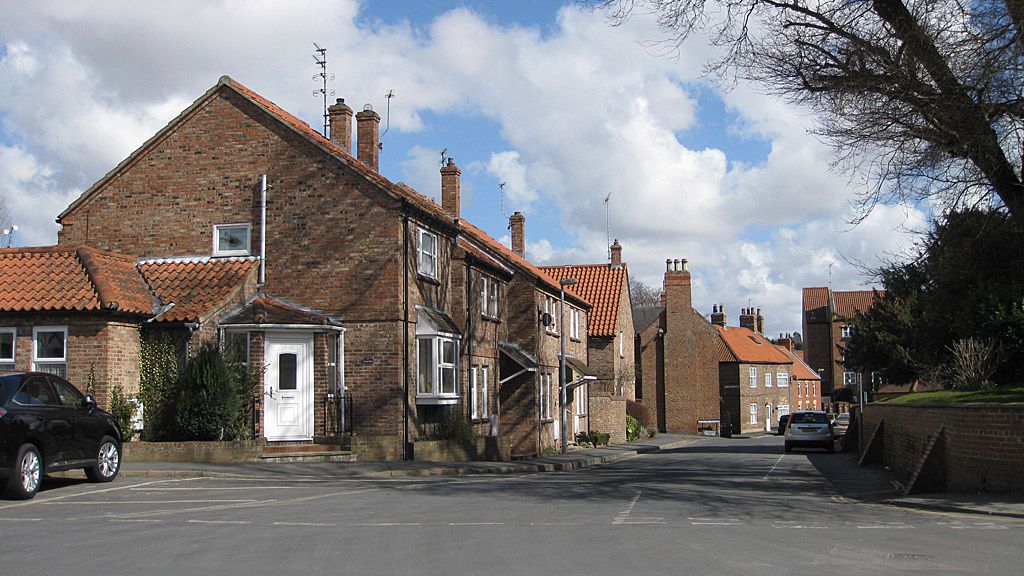
The Moment Tension Broke (Image Credits: Pixabay)
Seattle’s Capitol Hill neighborhood buzzed with its usual afternoon energy on a crisp fall day when plainclothes officers spotted trouble brewing near a busy intersection.
The Moment Tension Broke
Imagine cruising through a vibrant urban spot, eyes peeled for illicit deals, and suddenly everything clicks into action. That’s exactly what happened around 3:15 p.m. when Seattle police launched into a swift takedown. The operation targeted open drug sales, and it paid off big time right there on the street.
Officers from the Community Response Group had been monitoring the area closely. They watched as a suspect made multiple handoffs to buyers, confirming what intel had suggested. No time was wasted; the arrest unfolded without major chaos, keeping bystanders safe.
This kind of proactive move highlights how routine patrols can disrupt serious threats before they escalate. It’s a reminder that vigilance in high-traffic zones makes a real difference.
Spotlight on the Suspects
A 31-year-old man with a history of felony convictions found himself in cuffs, along with his accomplice. The primary suspect wasn’t just dealing; he was armed, which turned a standard narcotics bust into something far more urgent. Police recovered a loaded firearm from him, underscoring the dangers involved.
Both individuals face serious charges now, including unlawful possession of a weapon and drug delivery. The felon’s prior record means prosecutors will likely push hard on violations of his restrictions. It’s cases like this that show why repeat offenders draw extra scrutiny from law enforcement.
Why Capitol Hill? The Hotspot Explained
This corner of Seattle has long been a focal point for such activities. The intersection of Broadway East and East Olive Way sits in what’s known as SODA Zone 4, a designated area for stepped-up enforcement against street-level drug issues. Crowds, nightlife, and easy access make it a magnet for dealers.
Local residents have voiced concerns about safety for years. Operations like this one aim to reclaim public spaces from criminal elements. Still, balancing enforcement with community trust remains a delicate task for officers on the ground.
Recent trends show a uptick in armed narcotics cases here, prompting more resources from the department. It’s not just about arrests; it’s about fostering a safer vibe for everyone who calls the neighborhood home.
Inside the Operation’s Playbook
These stings don’t happen by chance. Teams use a mix of surveillance, tips from the community, and targeted patrols to zero in on patterns. In this instance, officers observed several transactions before moving in, ensuring they had solid probable cause.
The accomplice’s role added another layer, as they were actively supporting the sales. Seizing evidence on the spot, like cash and suspected narcotics, helps build airtight cases. Quick coordination between units kept the scene contained.
- Pre-operation scouting to identify suspects.
- Real-time observation of illegal activity.
- Coordinated approach to minimize risks.
- Immediate evidence collection post-arrest.
- Follow-up with federal partners if needed.
Ripples Through the Community
News of the arrest spread quickly among locals, sparking a mix of relief and calls for more action. Capitol Hill’s eclectic mix of shops, cafes, and residences means drug activity hits close to home for many. This bust could deter others looking to operate in plain sight.
However, experts note that isolated arrests alone won’t solve deeper issues like addiction and supply chains. Community programs and policy shifts play a part too. For now, though, it sends a clear message: police are watching.
One nearby business owner mentioned feeling a bit more secure after hearing about the takedown, though details stay confidential to protect ongoing efforts.
Looking Ahead: Enforcement’s Next Steps
With charges pending, the justice system takes over from here. The felon’s firearm possession violation could lead to federal involvement, given the severity. Meanwhile, the Seattle Police Department plans to ramp up similar operations in SODA zones.
Broader strategies include partnering with social services to address root causes. It’s a multifaceted fight, blending tough enforcement with support for those affected. Success stories like this one fuel momentum for change.
Key Takeaways
- Armed arrests in drug ops highlight the risks to public safety.
- SODA zones focus resources where they’re needed most.
- Community vigilance aids in preventing escalation.
In the end, this Capitol Hill bust stands as a win for proactive policing, proving that staying one step ahead can protect neighborhoods from harm. What steps do you think cities should take next to tackle street-level crime? Share your thoughts in the comments below.







